Allergy to rue
shapiro
14 years ago
Related Stories
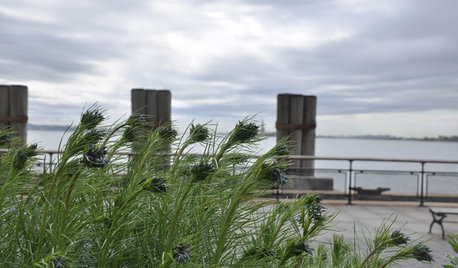
GARDENING GUIDES10 Native Wildflowers With Unique Foliage
When the flowers fade, these leaves keep the garden looking good
Full Story
UPHOLSTERYThe Perks and Perils of Reupholstering Old Furniture
Secondhand upholstered pieces can add character to a room, but beware of bugs, snakes and hidden costs
Full Story





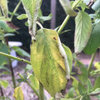
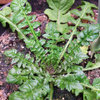
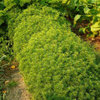
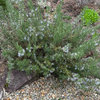
fatamorgana2121
eibren
Related Professionals
Fort Lee Landscape Architects & Landscape Designers · Lakewood Landscape Architects & Landscape Designers · Montgomeryville Landscape Architects & Landscape Designers · Towson Landscape Architects & Landscape Designers · Alexandria Landscape Contractors · Tempe Landscape Contractors · Allentown Landscape Contractors · Arlington Landscape Contractors · Avocado Heights Landscape Contractors · Addison Landscape Contractors · Beverly Hills Landscape Contractors · Fort Wayne Landscape Contractors · Middletown Landscape Contractors · North Hollywood Roofing & Gutters · Colonia Roofing & Gutterseibren
Daisyduckworth
sandifoley67_yahoo_com
Daisyduckworth